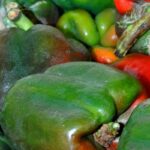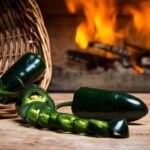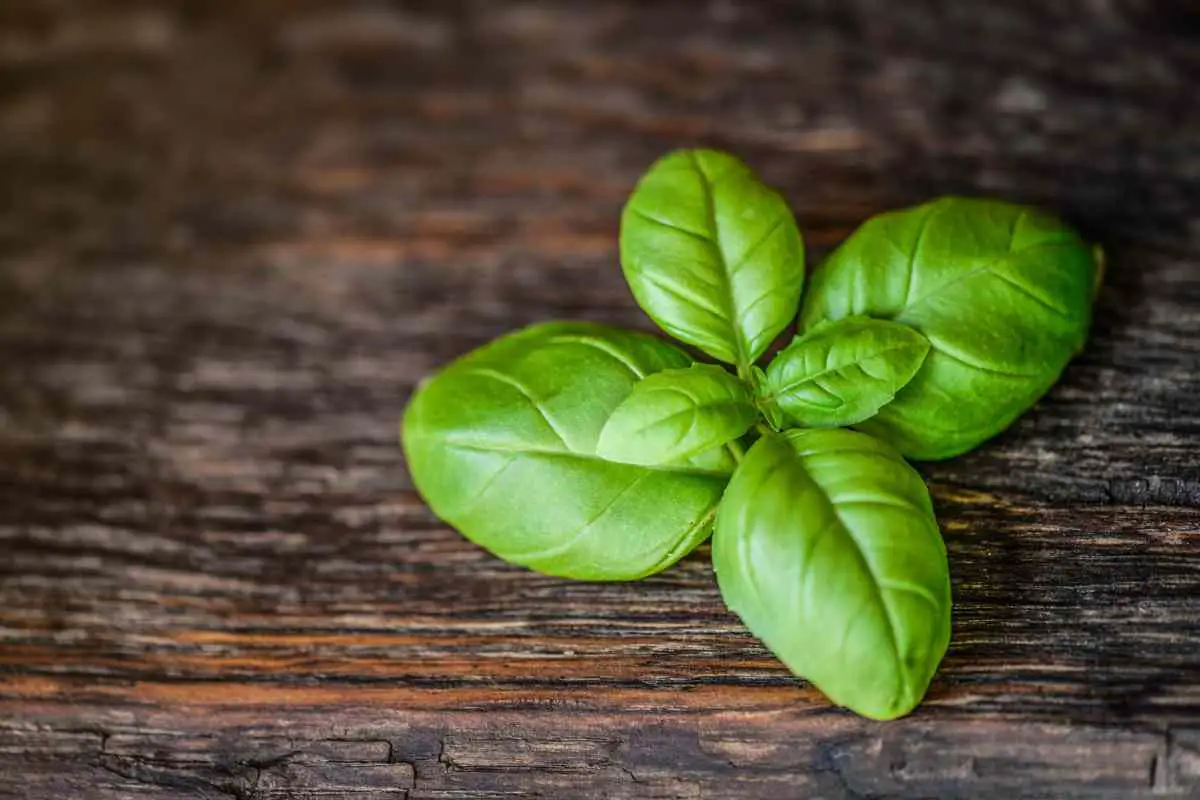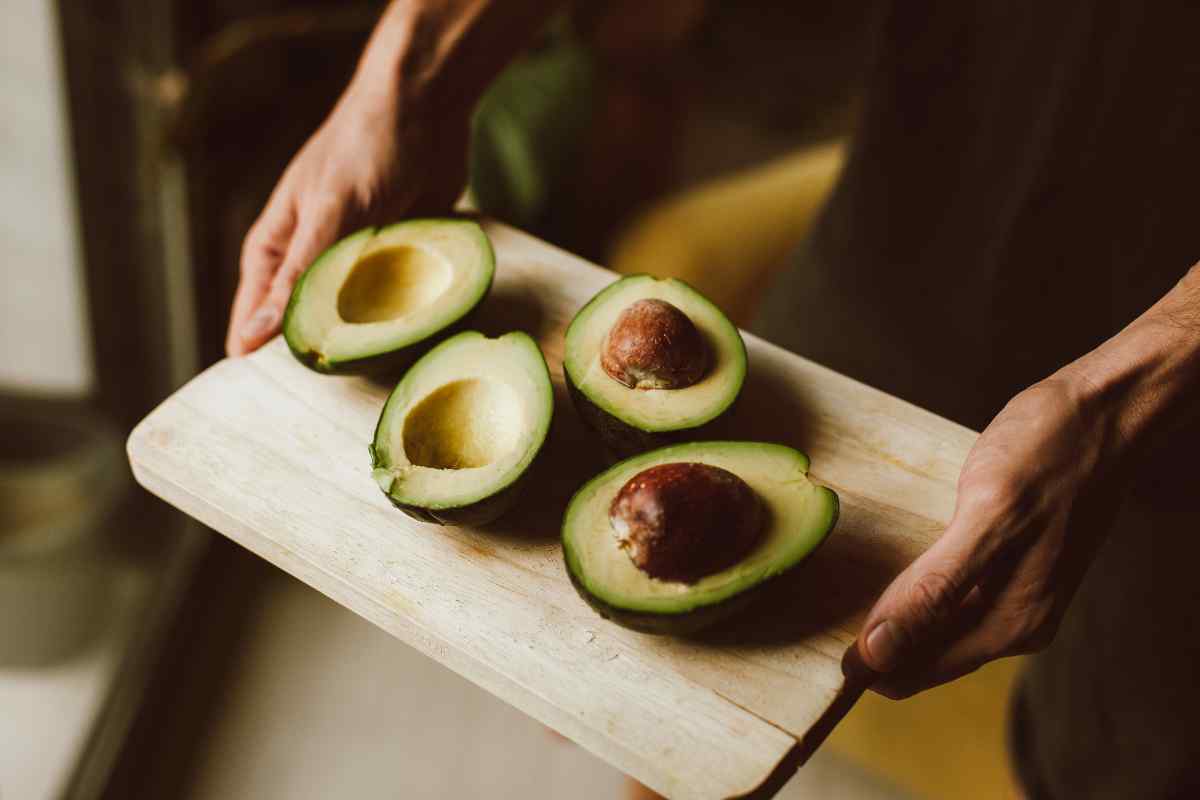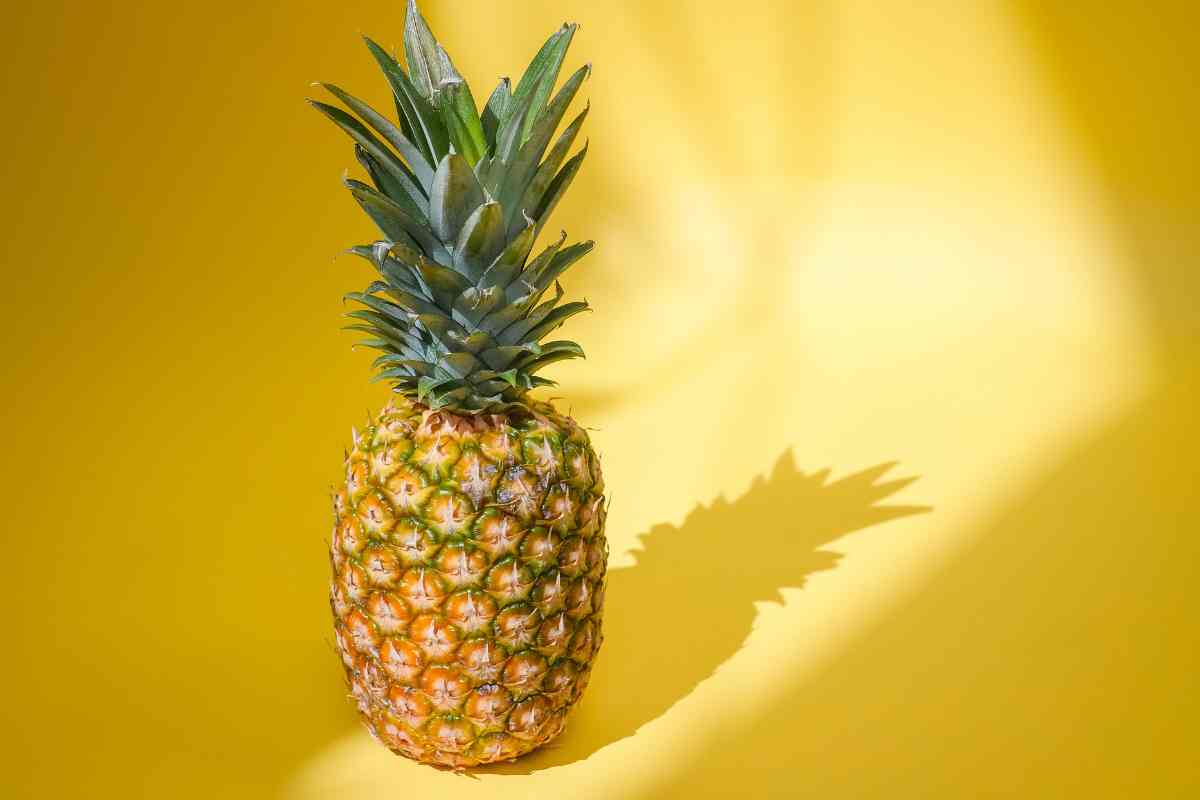If you’re a gardener or a home grower, you might have encountered the problem of soft peppers. While the cause of this issue can be due to several reasons, it is essential to understand why it’s happening and how to prevent it.
In this article, we’ll go through the common causes of soft peppers, and what steps you can take to ensure your peppers are healthy and firm.
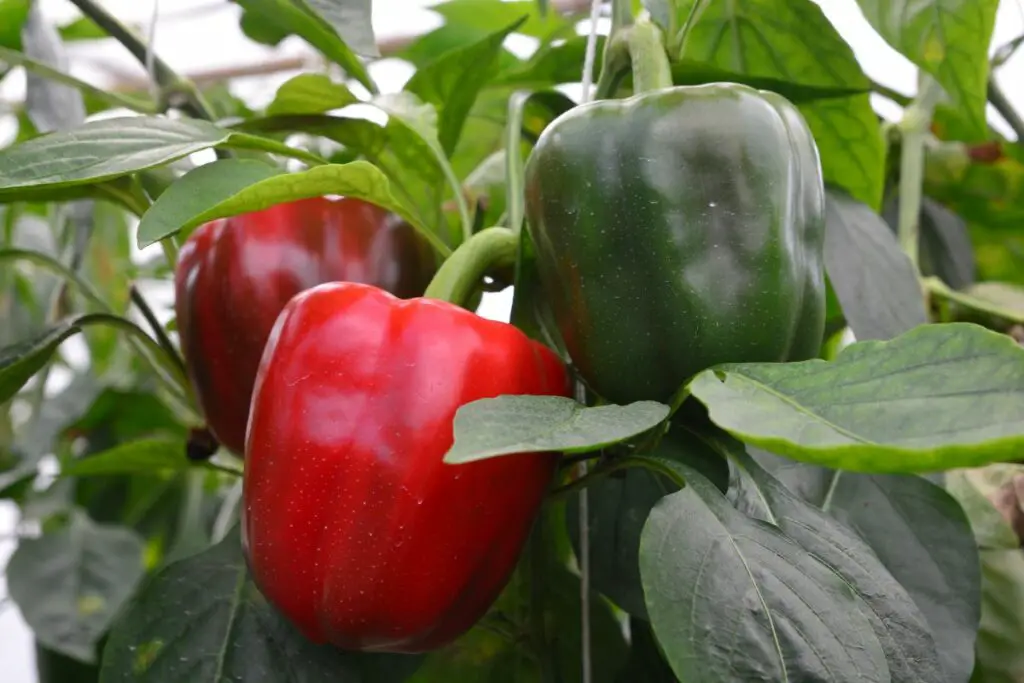
Table of Contents
Understanding the Anatomy of a Pepper
Before we dive into the reasons why your peppers might be soft, let’s take a moment to understand the anatomy of a pepper.
Peppers are a type of fruit that grows on a plant called Capsicum annuum. The fruit of this plant has several parts, including the stem, the core, the seeds, and the flesh.
Causes Of Soft Peppers
Here are several things that we’ve found that can cause your garden peppers to go soft:
Overripe Peppers
One of the most common reasons why peppers can become soft is because they are overripe. Overripe peppers are typically softer and less flavorful than ripe peppers, so it’s essential to monitor the progress of your peppers as they mature.
Disease or Pests
Another reason why your peppers might be soft is due to disease or pests. Diseases such as bacterial soft rot, powdery mildew, and verticillium wilt can cause peppers to become soft and mushy.
Similarly, pests such as aphids, whiteflies, and spider mites can cause damage to the pepper, leading to a softening of the fruit.
Environmental Factors
The environment in which your peppers are grown can also play a significant role in why they might be soft. For example, if your plants are growing in soil that is too wet, this can cause the peppers to become soft.
Similarly, if your plants are growing in soil that is too dry, this can lead to a lack of water, causing the peppers to wilt and become soft.
Improper Harvesting
Finally, improper harvesting can also lead to soft peppers. If you pick your peppers before they are fully ripe, they will be soft and less flavorful.
Additionally, if you handle the peppers too roughly, this can cause damage to the fruit, leading to a softening of the peppers.
Tips for Preventing Soft Peppers
So, now that we understand the causes of soft peppers, let’s take a look at some tips for preventing this issue:
Choose the Right Variety
When choosing a pepper variety to grow, consider its ripening time, as well as its susceptibility to disease and pests. Some varieties of peppers are more resistant to disease and pests, which can help to prevent softening of the fruit.
- Sweet Pepper Seeds Variety Pack Hand Packaged by a Veteran Owned Small Family Business: If for any reason you are unhappy with your purchase, contact us and we will make it right.
Prices pulled from the Amazon Product Advertising API on:
Product prices and availability are accurate as of the date/time indicated and are subject to change. Any price and availability information displayed on [relevant Amazon Site(s), as applicable] at the time of purchase will apply to the purchase of this product.
Monitor the Progress of Your Peppers
As your peppers mature, monitor their progress closely. Pay attention to their color and texture, and pick them when they are fully ripe. This will help to ensure that your peppers are healthy and firm.
Provide Proper Care for Your Plants
To prevent soft peppers, it’s essential to provide proper care for your plants. This includes providing adequate water, proper soil conditions, and adequate light.
Additionally, make sure to monitor your plants for any signs of disease or pests, and take action as needed to prevent further damage to the peppers.
Handle Your Peppers with Care
Finally, handle your peppers with care, especially during the harvesting process. Be gentle when picking your peppers, and avoid handling them too roughly, as this can cause damage to the fruit and lead to softening of the peppers.
How Can I Tell If My Peppers Are Overripe?
To determine if your peppers are overripe, look for signs such as a soft texture, wrinkled skin, and a dull color. Additionally, overripe peppers may have a fermented smell, and their flavor may be less intense.
What Can I Do To Prevent Diseases And Pests From Affecting My Peppers?
To prevent diseases and pests from affecting your peppers, make sure to provide proper care for your plants, including adequate water, proper soil conditions, and adequate light.
Additionally, monitor your plants for any signs of disease or pests, and take action as needed to prevent further damage to the peppers.
How Can I Ensure That My Peppers Are Growing In The Right Environment?
To ensure that your peppers are growing in the right environment, make sure that they receive adequate light, water, and nutrients.
Additionally, you should pay attention to the temperature and humidity levels in your growing area, and make adjustments as needed to ensure that your peppers are growing in optimal conditions.
Can Soft Peppers Still Be Used
For Cooking?
Yes, soft peppers can still be used for cooking, but their flavor and texture may be less appealing than firm peppers.
Additionally, overripe peppers may have a fermented taste, so it’s best to use them in dishes that mask this flavor. For best results, it’s recommended to use firm, ripe peppers in your cooking.
Conclusion
In conclusion, soft peppers can be caused by various factors, including overripe fruit, disease or pests, environmental factors, and improper harvesting.
To prevent soft peppers and ensure that your peppers are healthy and firm, it’s essential to choose the right variety, monitor the progress of your peppers, provide proper care for your plants, and handle your peppers with care.
By following these tips, you can enjoy a bountiful harvest of delicious and healthy peppers.
- How to Build a Planter Box for Bamboo: A Step-by-Step Guide
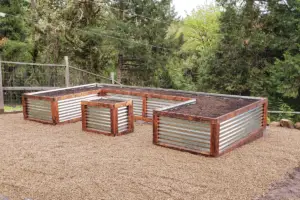
- Can Robotic Lawnmowers Handle Steep Slopes?
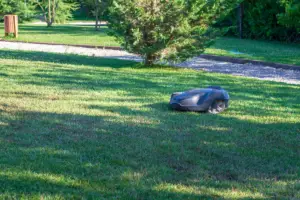
- Do You Need a Specific Lawn for a Robotic Lawnmower? Expert Advice
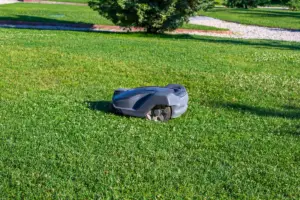
- Are Robotic Lawnmowers Safe for Pets and Children? Safety Features of Robotic Lawnmowers
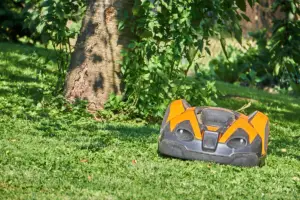
- Why Use Robotic Lawnmowers? Advantages of Using a Robotic Lawnmower
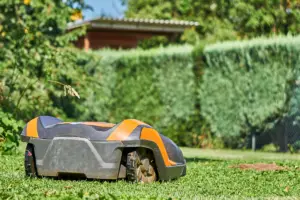
- Is the GARDENA SILENO City 300 Cordless or Corded? A Clear Answer











